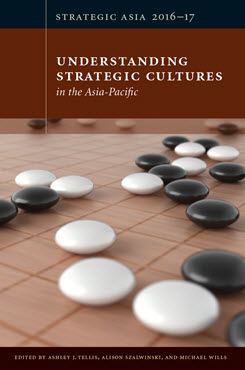Indonesia's Strategic Culture
The Legacy of Independence
This chapter analyzes Indonesian strategic culture by examining its origin and underlying logic and assesses the impact on Indonesian foreign policy and civil-military relations.
EXECUTIVE SUMMARY
MAIN ARGUMENT
Indonesia’s strategic culture is influenced by a combination of three major elements. The first is a constructed past that provides a united identity for a diverse population. The second is the narrative of the struggle for independence, in which the military plays a central role. The third element is the idea of a “free and active” foreign policy that stresses nonalignment. This combination creates a strategic culture that abhors the idea of military pacts, viewing them as a threat to independence; emphasizes a defensive orientation; and fears interference by foreign countries, making the country wary of any outside power growing too strong or unchecked in the neighboring region. As a result, there is a tendency for Indonesia’s foreign and military policies to underbalance against growing threats from China in Southeast Asia, especially in the South China Sea, which may detrimentally influence regional security, the unity of ASEAN, and Indonesia’s own strategic interests.
POLICY IMPLICATIONS
- Although Indonesia does welcome defense cooperation, it does not want to be engaged in military alliances and pacts for fear of losing its independence.
- The inward orientation of Indonesia’s military means that it does not have much power-projection ability, which undermines the country’s strategic position in the region.
- While Indonesia is a key player in Southeast Asia, the U.S. may find it difficult to involve the country in broader regional efforts to counter Chinese assertiveness.
Strategic Asia
The Strategic Asia annual edited volume incorporates assessments of economic, political, and military trends and focuses on the strategies that drive policy in the region. Learn more about Strategic Asia.



